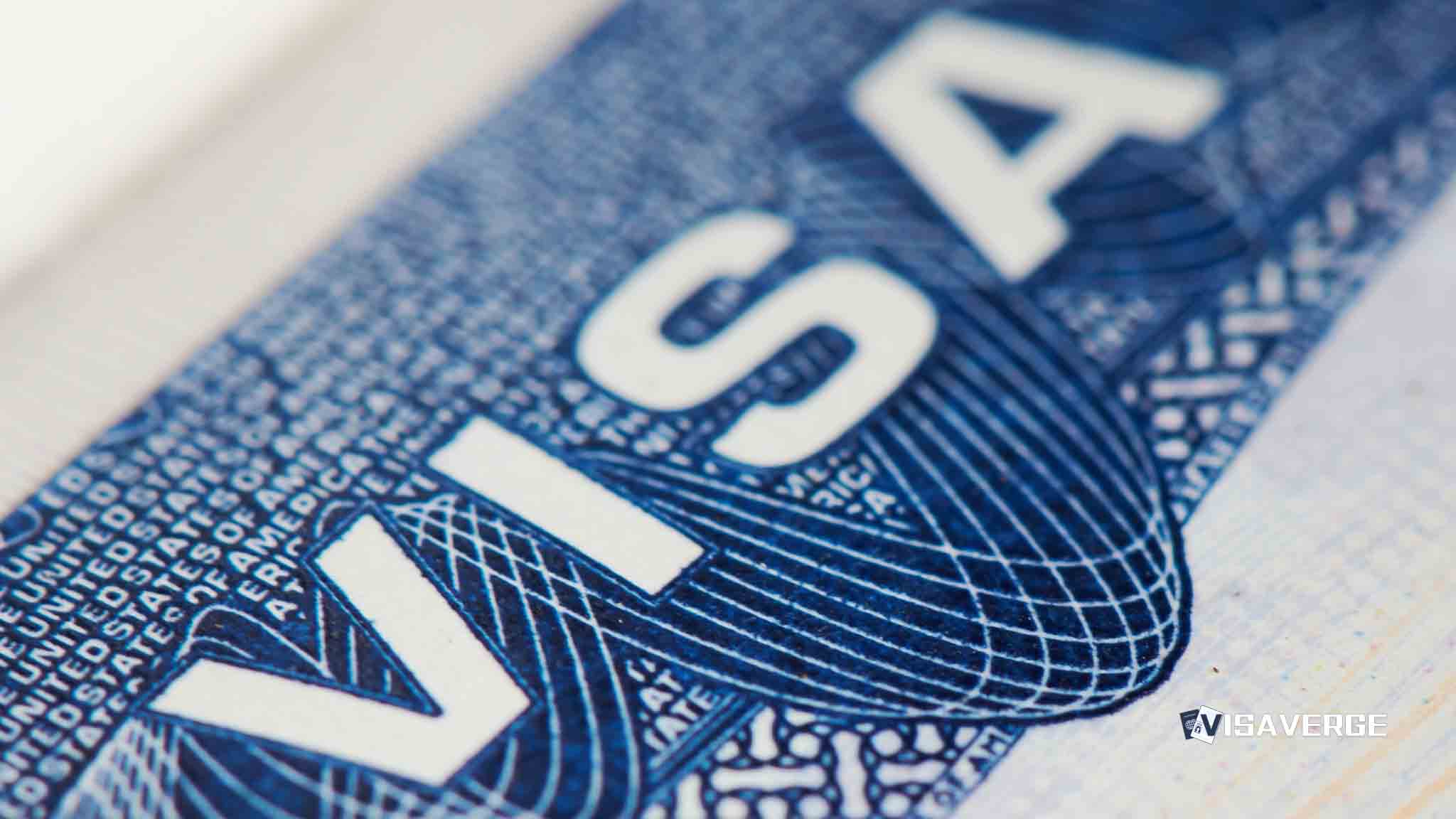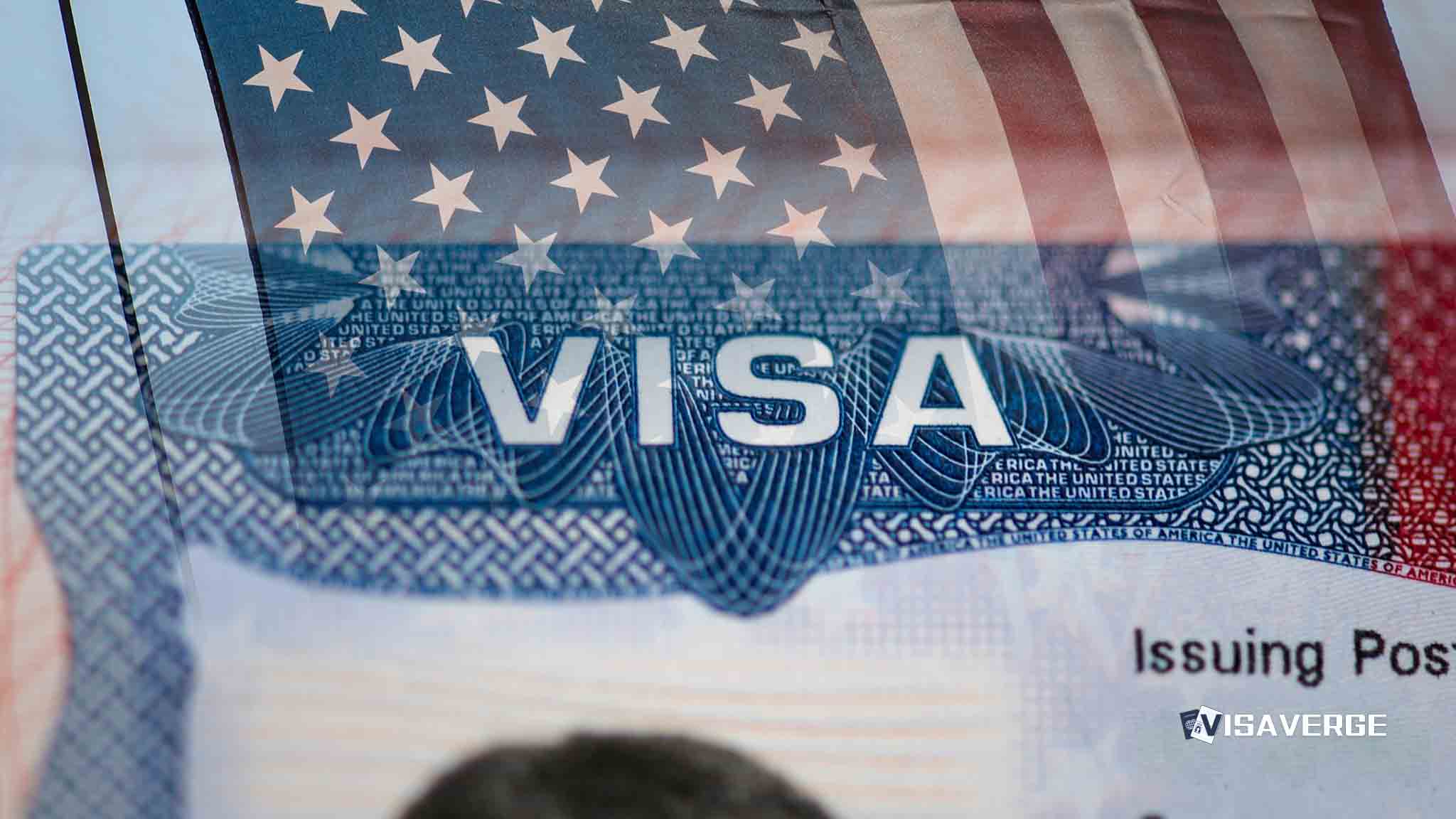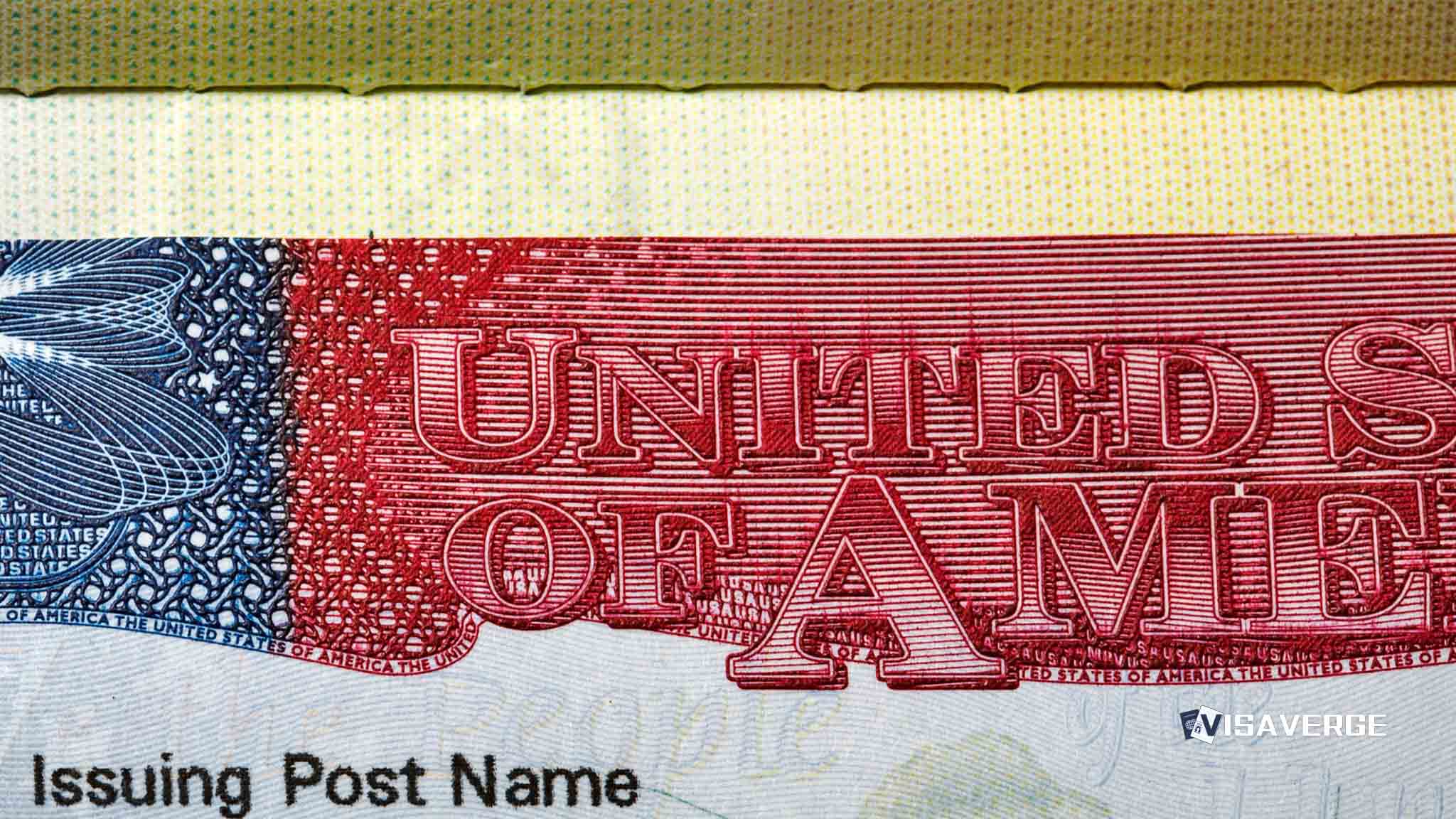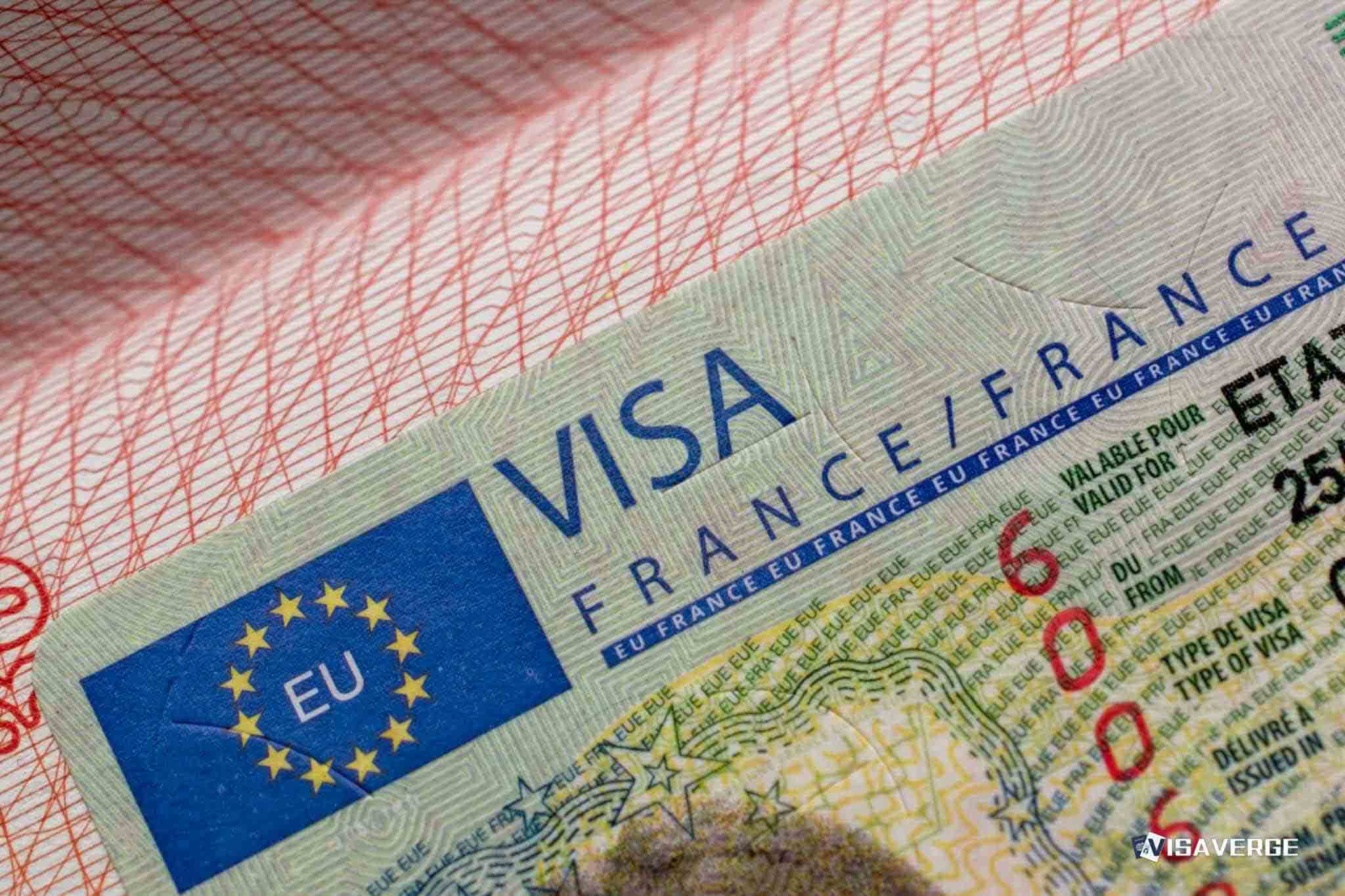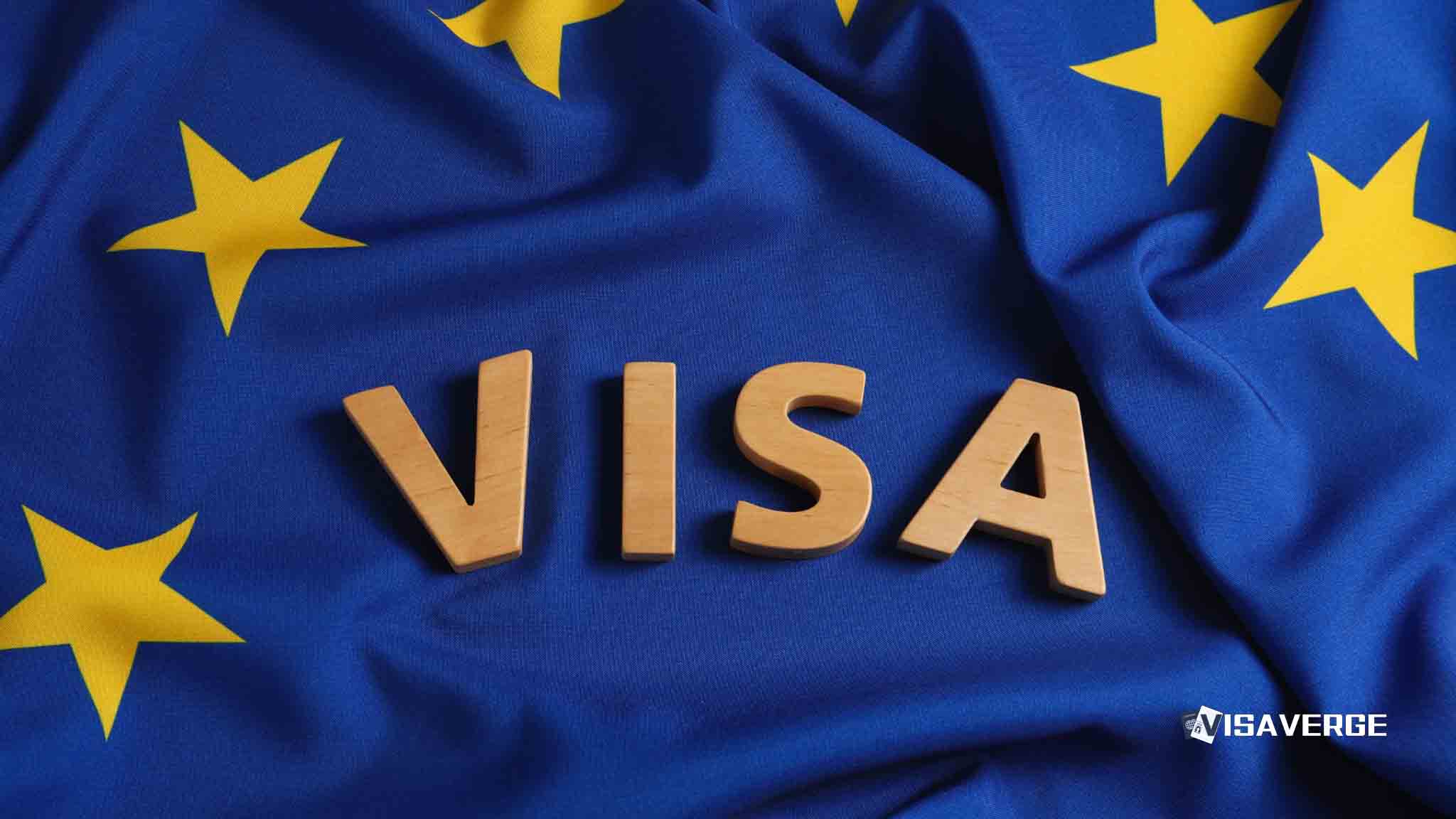Key Takeaways
• In May 2025, Pakistan’s FIA arrested suspects issuing fake Pakistani IDs and Saudi work visas to over 600 Afghans.
• In Rochester, NY, Afghan Dilbar Gul Dilbar arrested for Special Immigrant Visa fraud involving forged documents.
• U.S. ends Temporary Protected Status for Afghans on July 12, 2025, requiring new legal options soon.
Two Major Afghan Visa Fraud Cases Spark Crackdown in Pakistan and the United States
In May 2025, authorities in both Pakistan 🇵🇰 and the United States 🇺🇸 uncovered major Afghan visa fraud schemes, exposing international networks and raising urgent questions about document security, government oversight, and the future of Afghan migrants. These cases, involving the Federal Investigation Agency (FIA) in Islamabad and federal prosecutors in Rochester, New York, highlight the growing risks and consequences for Afghan nationals seeking work or refuge through fraudulent means. The fallout is already affecting thousands of Afghans, government agencies, and humanitarian organizations on both sides of the globe.
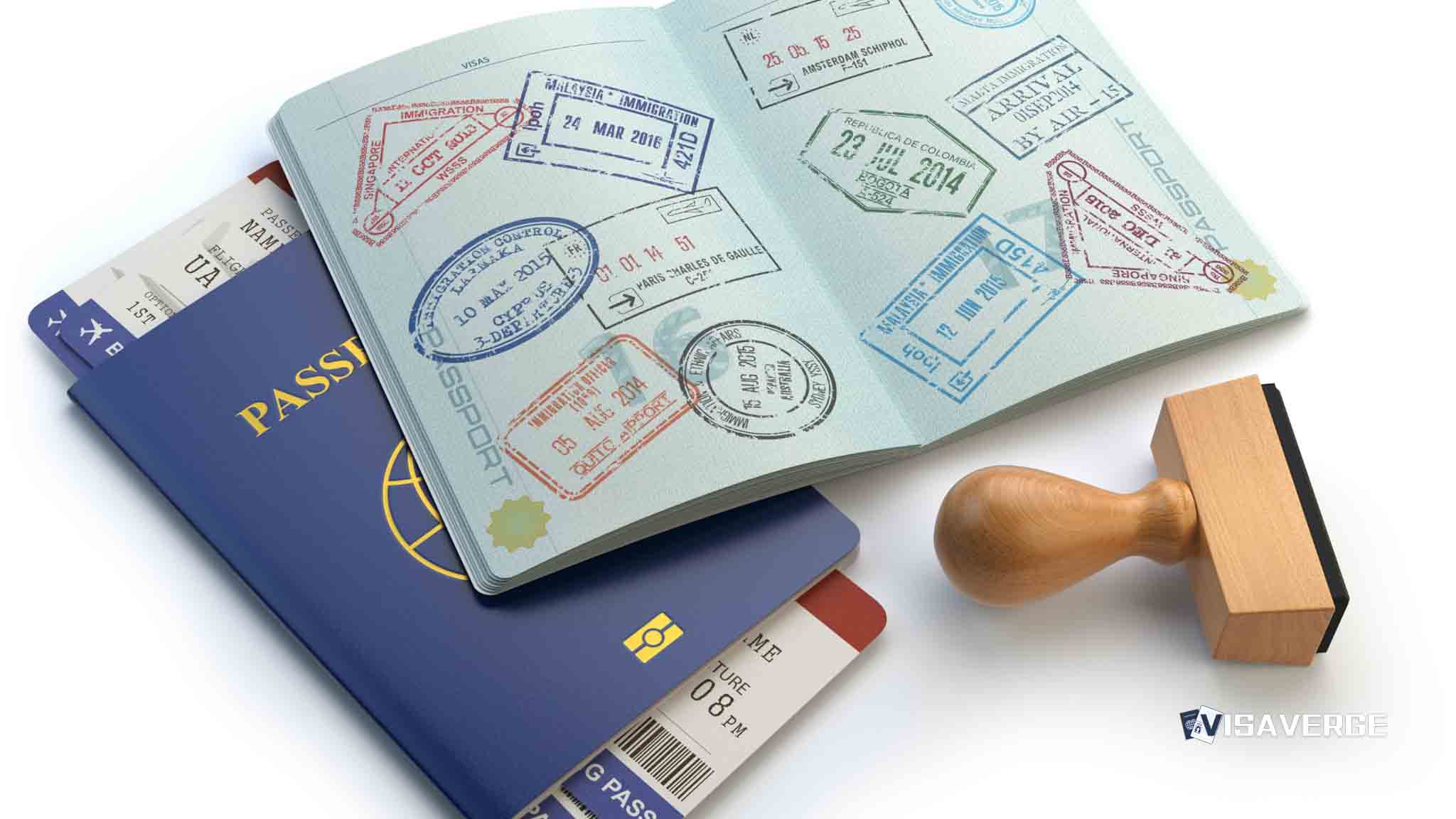
What Happened? The Latest on Afghan Visa Fraud
Who: Afghan nationals, Pakistani facilitators, and U.S. immigration authorities
What: Large-scale visa fraud involving fake documents, Saudi Arabian work visas, and U.S. Special Immigrant Visas (SIVs)
When: May 2025
Where: Islamabad, Pakistan and Rochester, New York, United States
Why: To secure legal status, employment, or resettlement for Afghans facing instability at home
How: By using forged identity papers, counterfeit employment letters, and fraudulent government approvals
These cases are not isolated incidents. They reflect broader trends in migration, desperation among Afghans after the Taliban takeover, and the challenges governments face in balancing humanitarian commitments with security concerns.
Islamabad Crackdown: FIA Targets International Fraud Network
On May 22, 2025, Pakistan’s Federal Investigation Agency (FIA) Counter-Terrorism Wing arrested two men in Islamabad: Muhammad Ishaq Khan and Syed Ehsan Shah. According to FIA officials, these suspects are part of a sophisticated network that has been issuing fake Pakistani identity cards, machine-readable passports, and Saudi Arabian work visas to Afghan nationals and other foreigners.
How the Scheme Worked
- Fake Pakistani Documents: The network allegedly created counterfeit Pakistani national identity cards and passports for Afghans and other non-citizens.
- Saudi Arabian Work Visas: Using these fake documents, the suspects then secured Saudi Arabian work visas for Afghan nationals. Shah is accused of issuing Saudi work visas on Pakistani passports to 580 Afghan nationals, while Khan facilitated similar visas for 22 Afghans.
- Official Complicity: The FIA is investigating whether officials from the Bureau of Immigration & Passports and the National Database and Registration Authority (NADRA) were involved. Raids are ongoing to arrest more members of the network.
Why is this significant?
The scale of the operation—hundreds of fraudulent visas and documents—suggests a well-organized, possibly transnational ring. The involvement of government officials, if proven, would point to deep-rooted corruption and systemic weaknesses in Pakistan’s document issuance systems.
What’s next?
The FIA’s investigation is ongoing, with more arrests expected. The agency is also reviewing procedures for issuing identity documents and passports, which could lead to stricter controls and reforms.
For official updates:
Visit the Federal Investigation Agency (FIA) website.
U.S. SIV Fraud: Arrest in Rochester, New York
Meanwhile, in Rochester, New York, U.S. federal authorities arrested an Afghan national, Dilbar Gul Dilbar, on charges of visa fraud. Dilbar allegedly used forged documents—including a counterfeit Chief of Mission approval and fake employment letters—to obtain a Special Immigrant Visa (SIV) for himself and his family.
Timeline of the Case
- April 2024: Dilbar arrives in the United States on an SIV.
- July 2024: He receives a U.S. green card.
- May 2025: Following an FBI investigation, Dilbar is arrested and charged with visa fraud.
How the Fraud Was Committed
- Fake Employment Letters: Dilbar is accused of purchasing fraudulent employment verification letters from individuals and companies known for providing such documents for a fee. One source is linked to over 100 similar fraudulent cases.
- Counterfeit Government Approvals: Authorities allege that Dilbar submitted a forged Chief of Mission approval, a critical document in the SIV process.
- Evidence of Wider Fraud: During a search of Dilbar’s home, investigators found visa and identity documents belonging to other Afghan nationals, suggesting a broader network.
Legal Consequences:
Dilbar remains in federal custody, with prosecutors arguing he is a flight risk. If convicted, he faces up to 10 years in prison. The case is part of a wider crackdown on immigration fraud, especially after the U.S. withdrawal from Afghanistan and the surge in SIV applications.
For more on SIV fraud prevention:
See the U.S. Embassy Afghanistan Fraud Prevention page.
Why Are These Cases Happening Now?
The surge in Afghan visa fraud is closely linked to recent history and policy changes:
- Desperation After the Taliban Takeover: Since the fall of Kabul in 2021, thousands of Afghans have sought ways to escape Taliban rule. Many turn to illegal channels when legal pathways are slow, uncertain, or inaccessible.
- High Demand for SIVs and Work Visas: The U.S. SIV program, designed for Afghans who assisted U.S. forces, has a backlog of 40,000 applicants. In Pakistan, many Afghans seek work in Saudi Arabia or other Gulf countries, often relying on intermediaries.
- Weak Document Controls: Both Pakistan and the U.S. have struggled to verify the authenticity of documents submitted by applicants, creating opportunities for fraudsters.
According to analysis by VisaVerge.com, these pressures have led to a rise in document forgery and visa scams, putting genuine applicants at risk and straining government resources.
Policy Changes: TPS for Afghanistan Ends
In a related development, the U.S. Department of Homeland Security (DHS) announced on May 12, 2025, that it will terminate Temporary Protected Status (TPS) for Afghanistan. This protection, first granted in 2022 due to armed conflict and instability, will end on July 12, 2025, with a 60-day transition period for current beneficiaries.
Why was TPS ended?
DHS Secretary Kristi Noem cited improved security and economic conditions in Afghanistan, as well as concerns about fraud and public safety risks among some TPS recipients.
What does this mean for Afghans in the U.S.?
- Loss of Legal Status: After July 12, 2025, Afghan TPS holders will lose their legal status and work authorization unless they find another immigration pathway.
- Need for Alternative Options: Affected individuals must act quickly to apply for asylum, family-based visas, or other forms of relief.
For official TPS updates and legal guidance, visit the USCIS TPS page.
How Do These Schemes Work? Step-by-Step Breakdown
Example: U.S. SIV Fraud Case
- Application Submission: The applicant submits an SIV application, including employment verification and Chief of Mission approval.
- Vetting Process: U.S. authorities check the documents and conduct background checks.
- Approval and Entry: If approved, the applicant receives a visa and, upon arrival, may be granted a green card.
- Post-Entry Investigation: If fraud is suspected, authorities investigate, search homes, and seize documents.
- Arrest and Charges: If evidence is found, the applicant is arrested and charged with visa fraud.
- Detention Hearing: The court decides if the accused remains in custody before trial.
- Legal Proceedings: The accused faces trial, with possible penalties including prison and deportation.
For more on SIV forms and requirements:
See the U.S. Department of State SIV page.
Who Is Affected? Stakeholders and Their Perspectives
Afghan Nationals
- Increased Scrutiny: Afghans applying for SIVs, Saudi Arabian work visas, or other immigration benefits now face tougher vetting and longer wait times.
- Risk of Status Loss: TPS holders in the U.S. must find new legal options before July 12, 2025, or risk losing their right to stay and work.
- Fear and Uncertainty: Genuine applicants worry that fraud cases will make it harder for them to prove their eligibility and escape danger.
Government Agencies
- Pakistan’s FIA: Leading the investigation, targeting both the criminal network and any complicit officials.
- U.S. Federal Prosecutors: Emphasize the seriousness of visa fraud and the need to protect the integrity of immigration programs.
- Bureau of Immigration & Passports and NADRA (Pakistan): Under scrutiny for possible involvement or negligence.
Humanitarian and Resettlement Organizations
- Keeping Our Promise: This U.S. group has helped over 1,600 Afghans and Iraqis resettle in 11 years. While they trust the SIV process, they admit that fraud cases can undermine public confidence and complicate resettlement for those in real need.
Real-Life Impact: Examples and Scenarios
Case 1: Afghan Worker in Saudi Arabia
An Afghan man, unable to get a Saudi work visa through legal means, pays a facilitator in Pakistan for a fake Pakistani passport and identity card. Using these documents, he secures a Saudi Arabian work visa. Months later, Saudi authorities discover the fraud, and he is deported and blacklisted, losing his job and facing possible arrest in Pakistan.
Case 2: SIV Applicant in the U.S.
A former Afghan interpreter for U.S. forces submits an SIV application with genuine documents. Due to increased scrutiny after the Dilbar case, his application faces months of additional checks. He and his family remain in hiding in Afghanistan, exposed to Taliban threats, while waiting for approval.
Policy Implications and Future Outlook
For Afghan Nationals
- Delays and Vetting: Expect longer processing times and more document checks for SIVs, work visas, and humanitarian programs.
- Legal Risks: Those found using fraudulent documents face arrest, imprisonment, and deportation.
- TPS Termination: Thousands must act quickly to secure another form of legal status in the U.S.
For Governments
- Reforms Likely: Both Pakistan and the U.S. may introduce stricter controls on document issuance and verification.
- Accountability: Officials found complicit in fraud schemes could face disciplinary or legal action.
- International Cooperation: These cases may prompt closer collaboration between countries to detect and prevent visa fraud.
For Humanitarian Groups
- Advocacy Needed: Organizations may push for legislative remedies or additional protections for Afghans at risk due to fraud-related policy tightening.
- Balancing Act: They must support genuine refugees while helping authorities identify and prevent fraud.
What Should Affected Individuals Do Now?
- Check Official Sources: Always use government websites for visa forms and updates. Avoid intermediaries promising shortcuts or guaranteed approvals.
- Consult Legal Experts: If you are a TPS holder or SIV applicant, seek advice from qualified immigration attorneys or reputable resettlement organizations.
- Report Suspected Fraud: If you encounter or suspect visa fraud, report it to the relevant authorities (FIA in Pakistan, U.S. Embassy Fraud Prevention Unit, or USCIS in the U.S.).
Key Takeaways and Next Steps
- Afghan visa fraud is a growing problem, with major cases uncovered in both Pakistan and the United States in May 2025.
- The Federal Investigation Agency in Pakistan is cracking down on networks issuing fake documents and Saudi Arabian work visas to Afghans.
- In the U.S., authorities are prosecuting SIV fraud, with one provider linked to over 100 fake employment letters.
- The end of TPS for Afghanistan will force thousands to seek new legal status or face removal after July 12, 2025.
- All stakeholders—Afghans, government agencies, and humanitarian groups—must adapt to stricter controls and increased scrutiny.
- For official information and updates, rely on government sources such as USCIS, FIA Pakistan, and the U.S. Embassy Afghanistan Fraud Prevention Unit.
By staying informed, using only legitimate channels, and seeking qualified help, Afghans and their supporters can better protect themselves from the risks and consequences of visa fraud.
Learn Today
Federal Investigation Agency (FIA) → Pakistan’s federal law enforcement agency responsible for investigations including counter-terrorism and immigration fraud.
Special Immigrant Visa (SIV) → A U.S. visa program for Afghans who assisted U.S. forces, enabling legal resettlement in America.
Temporary Protected Status (TPS) → U.S. immigration status granted temporarily to nationals from designated countries experiencing conflict or disaster.
Counterfeit Documents → Fraudulent or forged identity papers, passports, or approvals used to deceive immigration authorities.
Bureau of Immigration & Passports → Pakistani government agency managing issuance and verification of passports and identification documents.
This Article in a Nutshell
Major Afghan visa fraud rings in Pakistan and the U.S. expose weaknesses in document security. Authorities arrested suspects issuing fake IDs and visas, heightening scrutiny of Afghan migrants seeking refuge or work through fraudulent means amid policy changes like TPS termination.
— By VisaVerge.com
Read more:
• La Vergne Police Department to hold town hall on immigration policy
• Immigration and Customs Enforcement steps up arrests at immigration courts
• Oklahoma House blocks plan to collect student immigration status
• UK government plans to shorten Graduate Route in new Immigration White Paper
• Canadian immigration policy shift removes job offer boost in Express Entry


